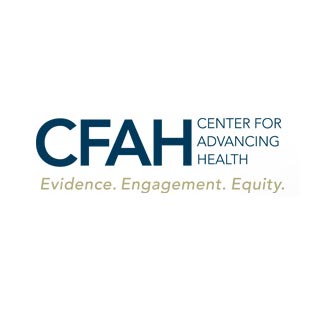
Pertaining to malaria, a new review of a present study claims that a combination drug and the general antibiotic doxycycline may let travelers to fend off malaria with the least side effects in places where the parasite may be resistant to an extensively established preventive treatment.
Another drug, mefloquine, apparently has the majority of side effects, but it might be suitable for people who already have taken it without experiencing any trouble.
Lead review author Dr. Frederique Jacquerioz, an expert with Tulane University’s Center for Evidence-based Global Health, commented, “The main message is that you have to take some malaria chemoprophylaxis [preventive treatment] if you go to an endemic area. It’s one of the best preventive measures we have.â€
She added, “It really depends how you travel. If you stay in the capital in a four-star hotel and have air conditioning, you’re really less at risk.â€
But the situation may be exactly the opposite if one decides to travel to rural areas.
According to the authors of the new review, the amount of cases are increasing at an alarming speed due to growing travel to tropical locales. In many cases, the favored antimalarial drug, known as chloroquine, may not work since the malaria parasite has apparently developed resistance to it from the 1950s. The present study was examined by Jacquerioz and a colleague to decide the probable danger of alternative medications. Around 8 studies were found with about 4,240 subjects that matched their review criteria.
Two medications like the combo drug atovaquone-proguanil and doxycycline apparently had a similar level of side effects. As opposed to a third drug, mefloquine, atovaquone-proguanil supposedly had lesser gastrointestinal and neuropsychiatric side effects, which may comprise of nightmares and dizziness. Doxycycline apparently also had lesser neuropsychiatric side effects. The eight studies did not find any severe side effects that were lethal, life threatening or needing hospitalization, among those who took the drugs.
The experts also looked further than the review studies to scan medical literature if there was any mention of case reports of deaths which may be associated with standard use of the drugs. Apparently there were no reports of deaths, linked to any of the drugs except mefloquine, which apparently had a relation to 22 deaths, plus five suicides. Experts warn that the figure could be falsely more as exposure over the drug’s safety might make it more probable that individuals may be connecting the deaths to the medication.
“There is a big controversy about whether we should use [the drug] or not, and in which populationsâ€, mentioned Jacquerioz.
Dr. Andrea Boggild of Toronto General Hospital’s Tropical Disease Unit believes that mefloquine may be suitable in a few cases, though it could cause nightmares, insomnia and irritability.
Boggild remarked, “It is important to remember that severe neuropsychiatric adverse events are rare and probably occur on the order of one in 6,000 to one in 10,000 people taking mefloquine. In people who have previously taken mefloquine and tolerated it, there is no reason not to use it.â€
Boggild added, “Travelers, whether they are going for business, tourism, missionary work or to visit friends and relatives, should seek pre-travel advice from a dedicated travel medicine specialist. They should be aware that no antimalarial drug is 100 percent effective at preventing malaria, and medical attention should be sought immediately if fever develops in the risk area while traveling or after a person returns home.â€
The drug is said to be pretty cheap, easy to take and an attractive choice for many travelers. The price of generic doxycycline, is said to be about $10 to $15 for the required doses for say a 14 day trip and atovaquone-proguanil may be priced at $110 to $120.
Both Jacquerioz and Boggild underlined the significance of acquiring professional advice before going on a journey to a potentially unsafe place.
The review appears in the latest issue of The Cochrane Library, a publication of the Cochrane Collaboration, an international organization that evaluates medical research.
